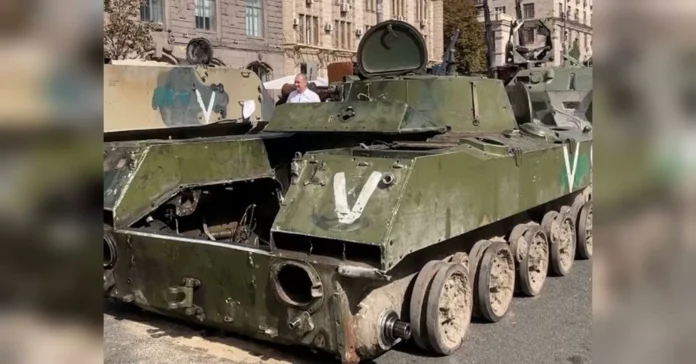Military analysts predict that by the end of 2024, the Russian Army will shift its focus from offensive operations to defense. This strategic shift signals a significant change in the country’s military posture and has been met with both praise and criticism.
The decision to transition to a defensive stance comes after years of modernization and structural reforms within the Russian Armed Forces. Under President Vladimir Putin’s leadership, the military has undergone a massive overhaul, with increased funding and a focus on developing new weapons and technologies. This has led to a more capable and well-equipped force, capable of conducting offensive operations.
However, the shift towards defense is not a sign of weakness or retreat. Rather, it is a strategic move to adapt to the changing global security environment. With the rise of new threats such as cyber warfare and the increasing use of unconventional tactics by adversaries, Russia’s military leadership has recognized the need to prioritize defense capabilities.
One of the main reasons for the shift towards defense is the country’s limited resources. Despite the increased military budget, Russia still lags behind its Western counterparts in terms of overall spending. This has forced the country to prioritize its military capabilities and focus on areas that are most essential for its defense.
Another factor driving this decision is the changing geopolitical landscape. Russia’s annexation of Crimea in 2014 and its involvement in the ongoing conflict in Ukraine have strained its relations with the West and led to increased tensions. As a result, the country has faced harsh economic sanctions and isolation, making it more challenging to sustain offensive operations.
Additionally, the ongoing conflicts in Syria and the increased presence of NATO forces near its borders have also played a role in the decision to shift towards defense. These factors have forced Russia to re-evaluate its military strategy and prioritize the protection of its own territory.
The transition to a defensive posture does not mean that Russia will completely abandon its offensive capabilities. The country still maintains a strong nuclear deterrent and has modernized its conventional forces to be able to conduct offensive operations if necessary. However, the focus will now be on developing and strengthening its defensive capabilities.
This shift has been met with both praise and criticism. Some experts believe that this move shows Russia’s willingness to engage in dialogue and reduce tensions with the West. It also aligns with the country’s stated goal of modernizing its military for defensive purposes. Others, however, see it as a sign of weakness and a retreat from its aggressive foreign policy.
Despite the differing opinions, one thing is clear: the shift towards defense will have a significant impact on Russia’s military capabilities and its role in the global security landscape. It also presents an opportunity for the country to engage in more constructive dialogue with its adversaries and focus on its own security and development.
In conclusion, the decision to transition to a defensive posture by the Russian Army is a strategic move that reflects the changing global security environment. It is not a sign of weakness, but rather a prioritization of resources and capabilities to ensure the country’s defense. This shift will have a significant impact on Russia’s military and its role in the world, and only time will tell how successful it will be.

